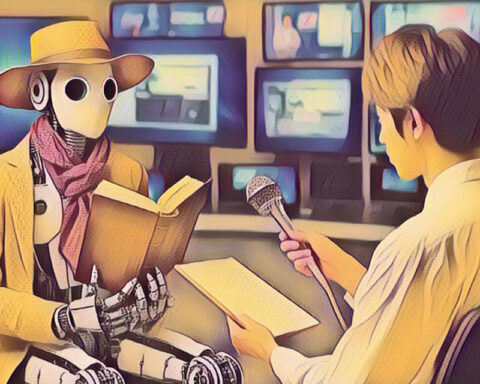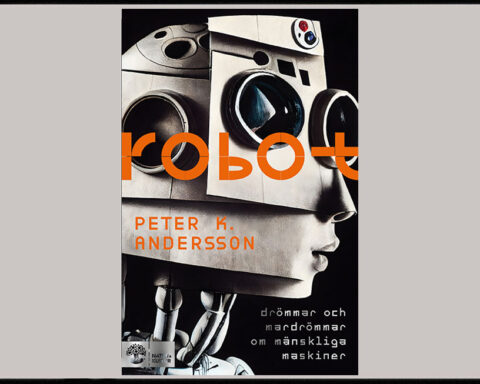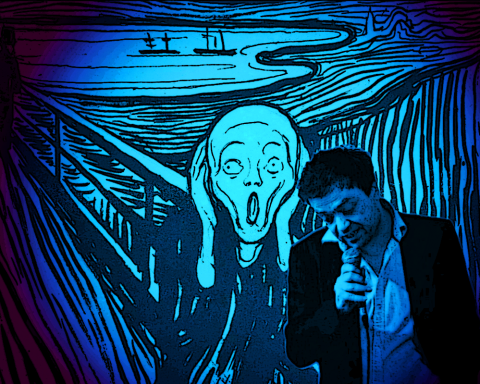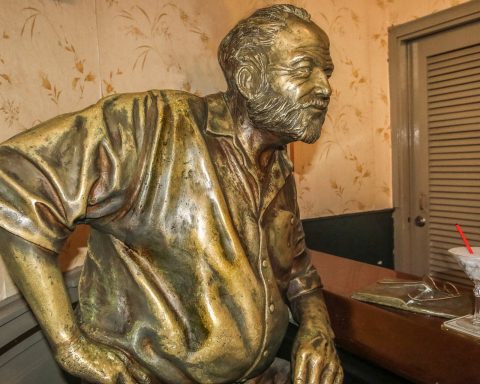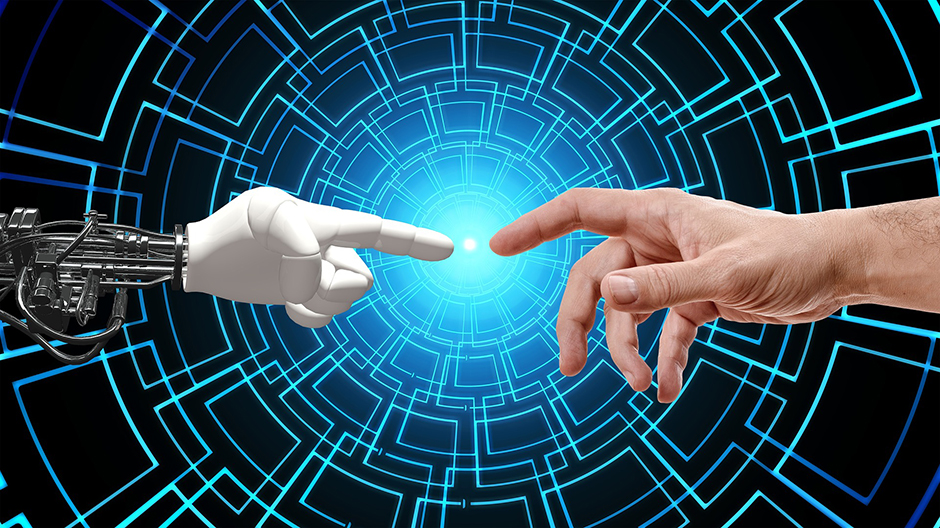
FUTURE. Imagine waking up in 2035 with a robot serving you breakfast, your smart house operating by a code and that you are receiving a message about your salary paid in cryptocurrency. Often it is a matter of time before things that are seen as sci-fi today will become a reality tomorrow. Artificial intelligence, algorithms and analysis of different data processes are already influencing our everyday lives and shaping the future. In his latest book, Dr Mark van Rijmenam pedagogically and easily explains such development in “The Organization of Tomorrow. How AI, blockchain and analytics turn your business into a data organization”.
The Organization of Tomorrow. How AI, blockchain and analytics turn your business into a data organization
Dr. Mark Van Rijmenam
Routledge

Van Rijmenam’s book is foremost a business book with instructions for entrepreneurs and small-business owners. The book contains basic and instructional information about how to understand and operate with the latest technological trends. If the reader is not familiar with aspects as machine-learning (AI), blockchain, algorithms, tokens, smart contracts and decentralised autonomous organisations, the book offers a very detailed and pedagogical approach.

Nevertheless, what makes the book more unique and sophisticated is that it contains philosophical discussions and futuristic reasoning. As an entrepreneur, but also as a general reader, one can learn about how AI and blockchain are fitting in social and civilisational contexts of human development.
One of the book’s most ground-breaking sentences is that in the future whole companies and businesses will be governed by a code. According to van Rijmenam, the current transformation from later industrial society to a post-industrial society is also driven by a process where we are shifting from computer-assisted work to human-assisted work but also higher levels of human-machine interactions.
After all, as Van Rijmenam’s points it out, the usage of the technology depends on our human construction, sensemaking and interests. A particular keyword in the book is sociomateriality – regarding how human interactions are influencing the technology and vice-versa.
Sharing is caring where companies must operate as collaborative communities and networks in order to be able to generate incomes and innovate. Plus, as Van Rijmenam’s points out, transparency, inclusiveness and knowledge sharing is also about empowering humans.
Another insightful aspect of Van Rijmenam’s book is that it goes hand in hand with the latest philosophical narratives such as metamodernism. As opposed to post-modernism, the metamodern narrative is focusing on “co-values” as co-creation and co-operation rather than competition and struggle. Therefore, in the book, one will find reasoning why the current blockchain development is going to stimulate new economic trends and behaviours where collaboration is as more vital and crucial comparing than competition.
Sharing is caring where companies must operate as collaborative communities and networks in order to be able to generate incomes and innovate. Plus, as Van Rijmenam’s points out, transparency, inclusiveness and knowledge sharing is also about empowering humans.
Furthermore, according to Van Rijmenam, data is the new oil and he is predicting that in the future as individuals and customers we should both be able to have better data protection and integrity but also to be able to sell our data to companies. In the author’s view, every organisation is in principle a data organisation and the current “centralisation of Internet” via companies as Google and Amazon are going to be a thing of the past.
The next vital step in future development is a “decentralised Internet” where users and community members will have more influence and power. For Van Rijmenam’s, the decentralisation is not only vital in order to reduce and encounter authoritarian trends as in China but also in order to stimulate trust, credibility and openness among our global population.
Last but not least, the book is despite its pedagogical status a visionary one. This is due to philosophical, technological and futuristic reasoning taking place across the book from beginning to the end as when it, for example, comes to how blockchain and “tokenomics” will impact on our lives. As a reader, one can easily get images in a sci-fi sense of how tomorrow’s post-industrial life is going to look like in everything from food security and shopping to transportation and democratic governance. Because blockchain and AI are not only going to revolutionise trust but also our daily living-hood and identifications – including the self-sovereign ones. Therefore, if one is searching for understandings on how the world of tomorrow is going to operate, this is the right book to start with.
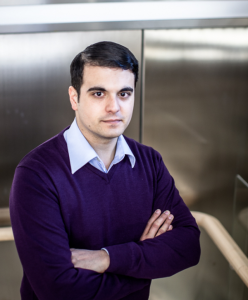
info@opulens.se
